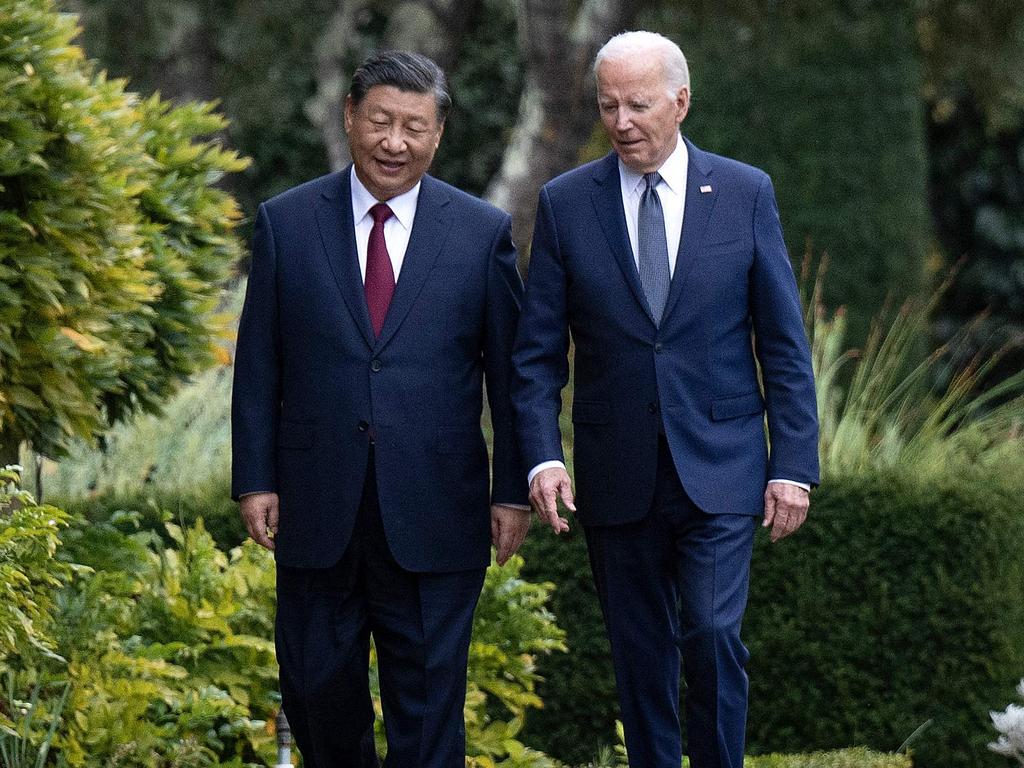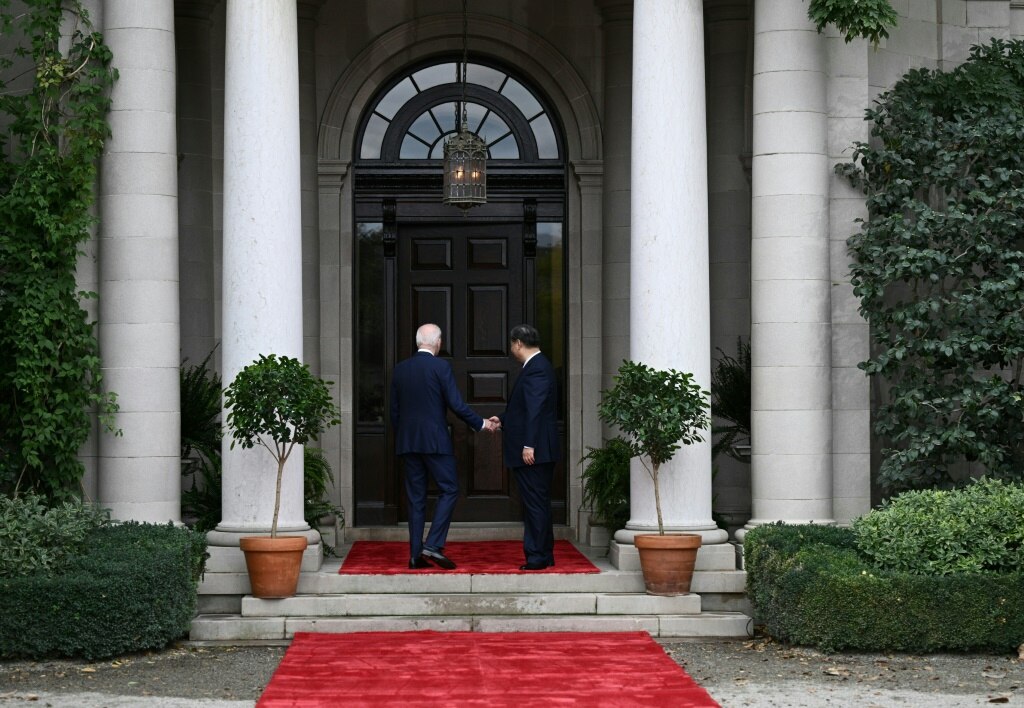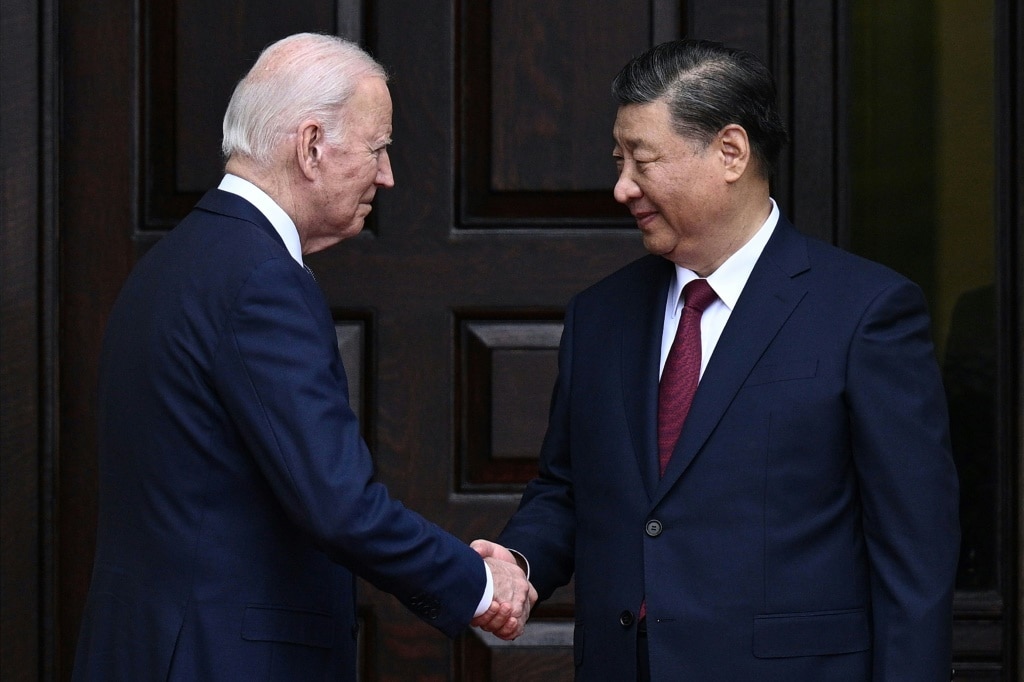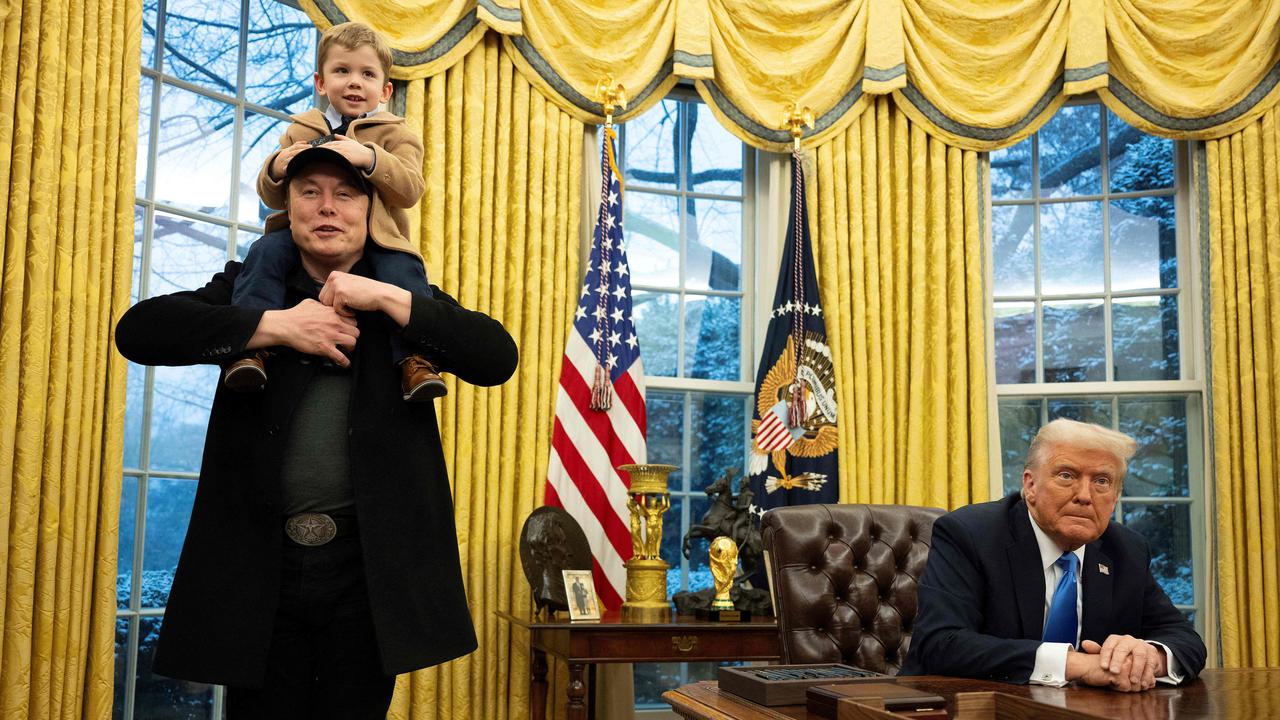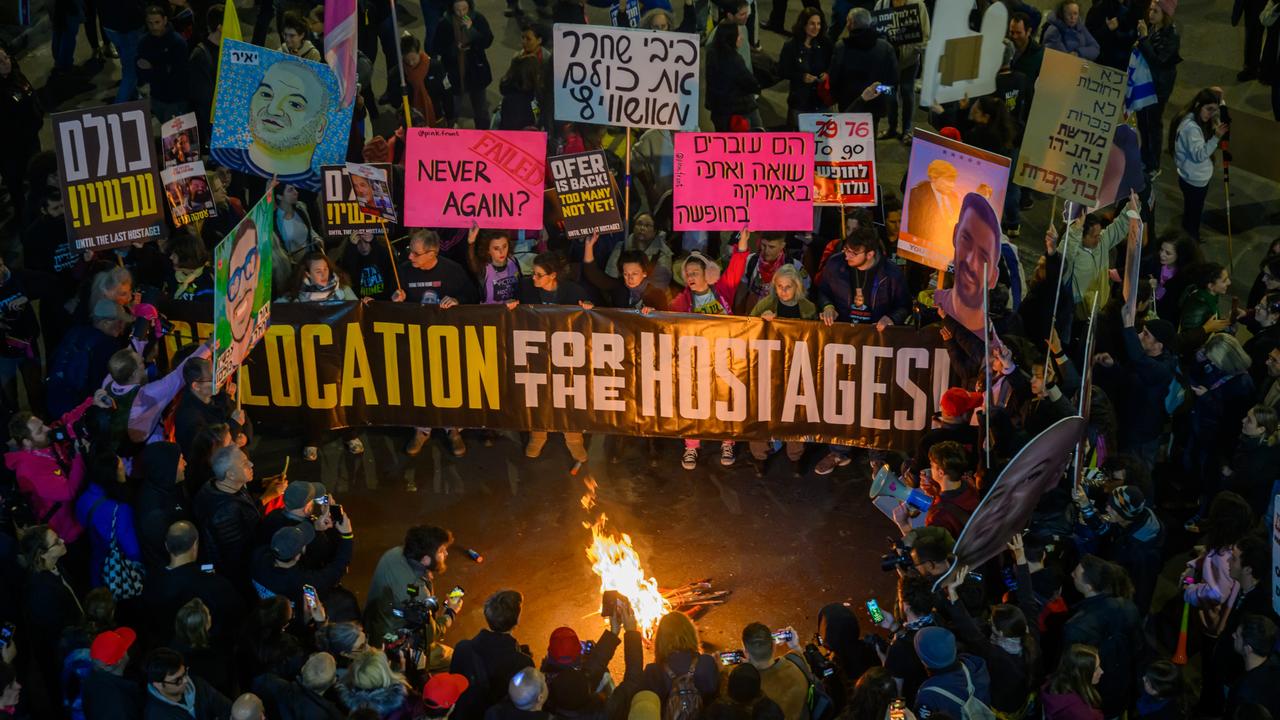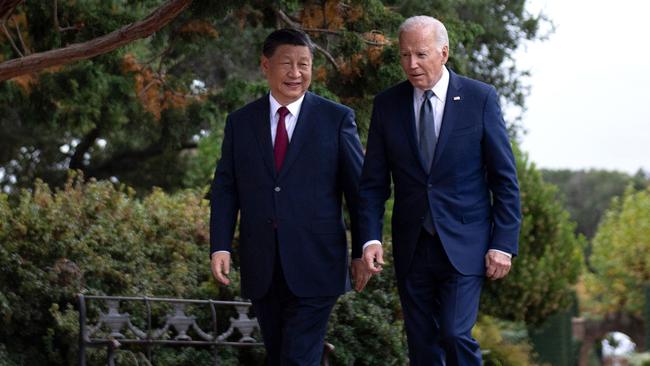
Joe Biden didn’t get the “handsome boy” treatment from Xi Jinping. Instead, he was given a stern warning about “arming” Taiwan.
The two-hour meeting between the American and Chinese president in San Francisco was a lot less chummy than our Prime Minister’s recent experience in Beijing.
Xi did not discuss Kung Fu Panda as he did last week with Anthony Albanese.
But there was also a lot in common between the two encounters with China’s ruler-for-life.
Firstly, Washington went out of its way to lower expectations before the meeting took place – just as Canberra had done.
Both the Americans and Chinese said the goal was “stabilisation”, using the Albanese government’s favourite word for dealing with Beijing.
That’s sensible. There’s too little trust all around for anything more ambitious, as Biden underlined after the meeting.
“I trust but verify as the old saying goes,” he told reporters.
Secondly, the most significant thing about the meeting was that it took place at all.
Canberra was among the many capitals relieved that it did. While it is to be welcomed that Beijing has finally ended its unproductive spell of “no speakies” with Australia, there are certain fraught topics only an American leader dare raise.
Having the world’s most formidable military and largest economy gives a US president more scope in discussions with their Chinese counterpart. Canberra and Tokyo, not to mention Taipei, will be thankful Biden was able to speak frankly and directly to Xi about their shared concerns about the People’s Liberation Army’s menacing of Taiwan.
Thirdly, the modest agreements that came out of it were mostly the undoing of policies imposed in anger by Beijing.
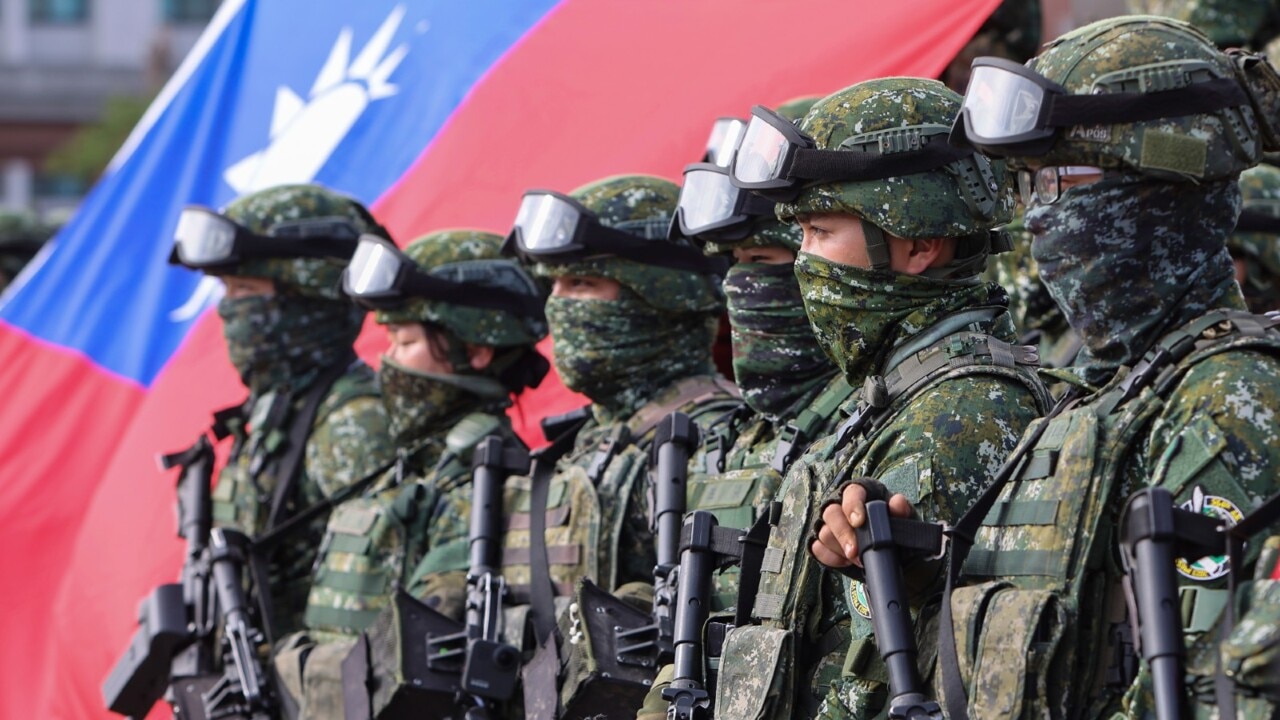
In Australia’s case, that was the unwinding of much of the $20 billion of trade strikes that China had imposed in a huff after the Morrison government’s call for an inquiry into the origins of Covid. For the meeting with the American leader, it was a promise to restore military communication channels it shut after Nancy Pelosi last year visited Taiwan.
Fourthly, China’s leader turned up to his meeting acting as if the assertive foreign policy that has become his signature has never happened.
“I’m still of the view that major-country competition is not the prevailing trend of current times,” Xi told Biden.
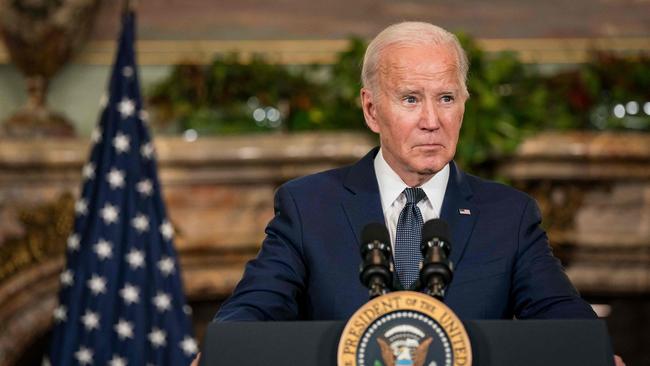
That apparent denial of reality makes discussions with China’s president curious affairs. In Albanese’s case, Xi didn’t mention AUKUS – despite overseeing a years-long attempt to scuttle the defence technology agreement.
In his meeting in San Francisco, Xi urged Biden to practice “mutual respect”, a brazen request from the leader of a propaganda machine that daily tells China’s 1.4 billion that nearly every problem in the world is the fault of America. Does he think no one has noticed?
In recent months, Xi appears to have discovered that scaring off China’s biggest customers, America and Europe, has consequences for his economy. It is why he played cosy with American business leaders at a dinner held after his meeting with Biden.
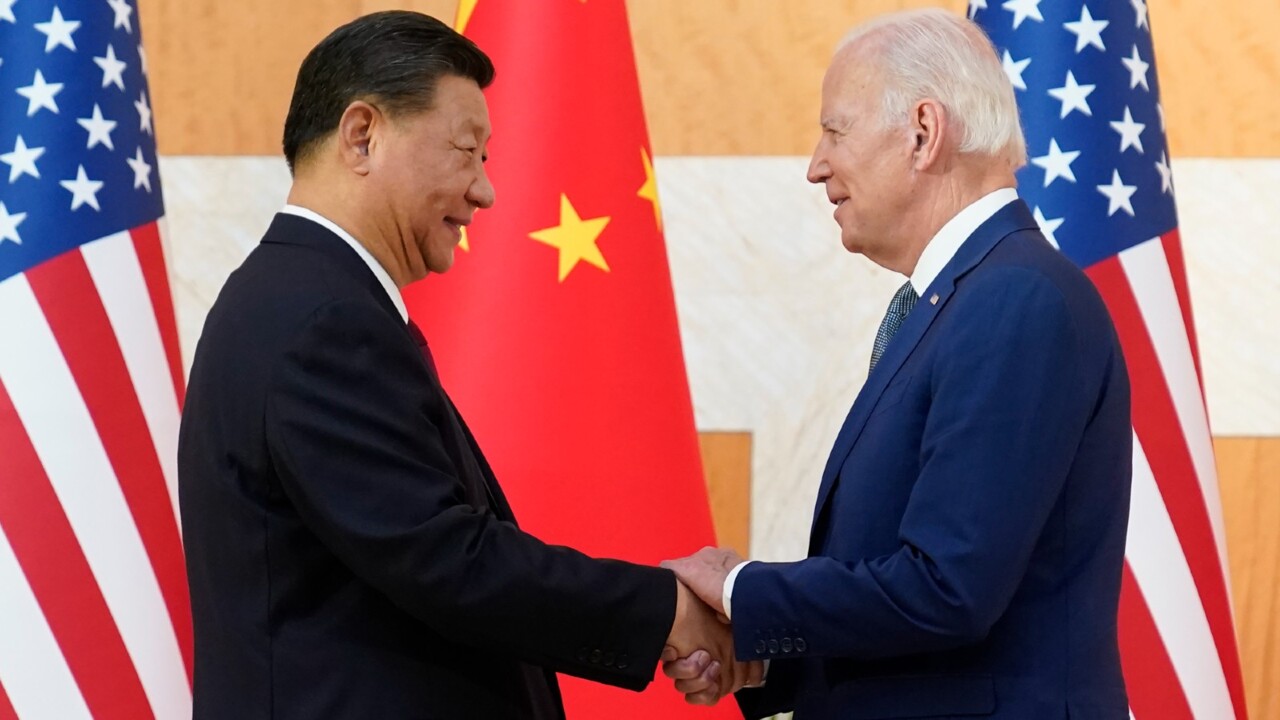
China’s economic troubles – along with Beijing’s ambition to join the CPTPP trade pact – seem to have also been the main drivers of the recent improvement in Australia’s relations with China.
Canberra is benefiting because Xi has ordered something of a detente in relations with America and its allies. It is in all of our interests that this modest improvement endures, however with Taiwan’s presidential election only two months away, no one should count on it.
“The US side should … stop arming Taiwan, and support China’s peaceful reunification,” Beijing said in a statement released after the meeting.
“China will realise reunification, and this is unstoppable,” it added.
We didn’t need this meeting to know that Taiwan remains the flashpoint of most concern in the Xi era, however long it lasts.
And the history of PRC foreign policy suggests the military channels that Beijing has just said it will reopen will be promptly closed if a crisis actually happens.
As Penny Wong has put it, China is going to be China.


